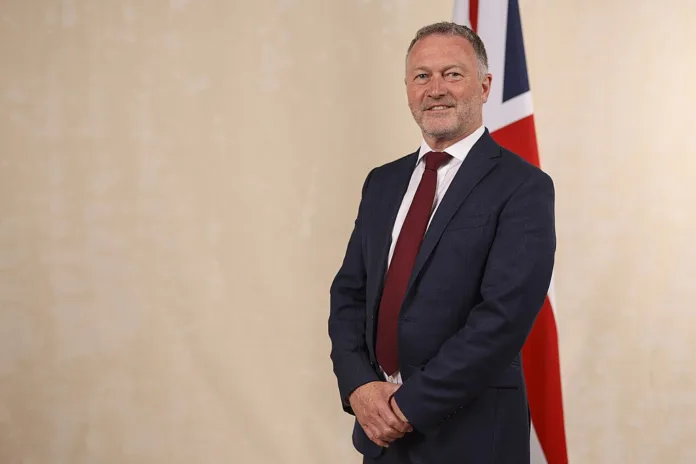Government sets up powerful new water ombudsman to tackle leaks, overcharging, and pollution
The government has announced the creation of a new water ombudsman with legal teeth to clamp down on persistent leaks, soaring bills, and mounting sewage discharges—responding to nationwide anger over what many call a “broken” industry.
Environment Secretary Steve Reed unveiled the plan ahead of a major review by the Water Commission due Monday, hinting at the most radical shake-up of the UK’s water sector in decades. Reed, who did not shy from criticising the existing regulator, Ofwat, said voters could hold him personally accountable if water quality failed to improve by the next general election.
“We’ve heard from communities up and down the country who are furious about the state of our water,” Reed told the BBC. “The system is broken. People are paying more and getting less.”
The ombudsman—whose launch date remains unclear—will serve as a single point of contact for customer complaints, covering issues like incorrect billing, service failures, and leaks. It will have statutory powers to hold water firms accountable, marking a significant shift from the current system in which customer redress often falls between regulatory gaps.
The move comes amid growing public dissatisfaction. A survey by the Consumer Council for Water (CCW) found that only 35% of people trust water companies to protect the environment. The same body, which currently handles complaints, will see its role expanded under the new plans.
Embed from Getty ImagesThe outrage has been fuelled by Environment Agency figures showing a record 2,801 incidents of sewage being dumped into English rivers and seas—an increase of 60%. Despite this, top water executives continue to receive multi-million-pound bonuses and pay-outs, further enraging the public.
Campaigners have welcomed parts of the announcement, but many remain sceptical. Feargal Sharkey, the former Undertones singer turned clean-water campaigner, said the upcoming commission report must deliver radical change or risk being a “flat pancake.”
The government has already pledged to halve sewage spills by 2030—a promise that comes with a hefty £104bn price tag over five years. That cost will largely be passed on to consumers, with average bills expected to rise by £123 a year. In the South of England, Southern Water customers could see increases of up to £224 annually.
Reed stopped short of confirming whether Ofwat—the long-criticised regulator—will be replaced. However, that question looms large over the Water Commission’s findings. The regulator has come under fire for failing to stop systemic underinvestment, all while allowing dividends and bonuses to flow freely.
The new ombudsman is part of a broader attempt to align water with other utilities that already have independent dispute resolution bodies. The Department for Environment, Food and Rural Affairs (Defra) said it would be legally empowered, but offered no firm timetable for its implementation.
Opposition voices acknowledged the move as a step forward but said it barely scratches the surface.
Shadow Environment Secretary Victoria Atkins called for honesty about the scale of the crisis. “We need clarity on where the investment will come from and how any reform to Ofwat would succeed in actually cleaning our rivers and lakes,” she said.
Liberal Democrat environment spokesperson Tim Farron agreed, saying: “To tackle the sewage scandal, we need fundamental change—not just another layer of bureaucracy.”
Still, the ombudsman may offer some overdue justice for consumers who’ve long been forced to foot the bill while their local waterways turned into dumping grounds.
